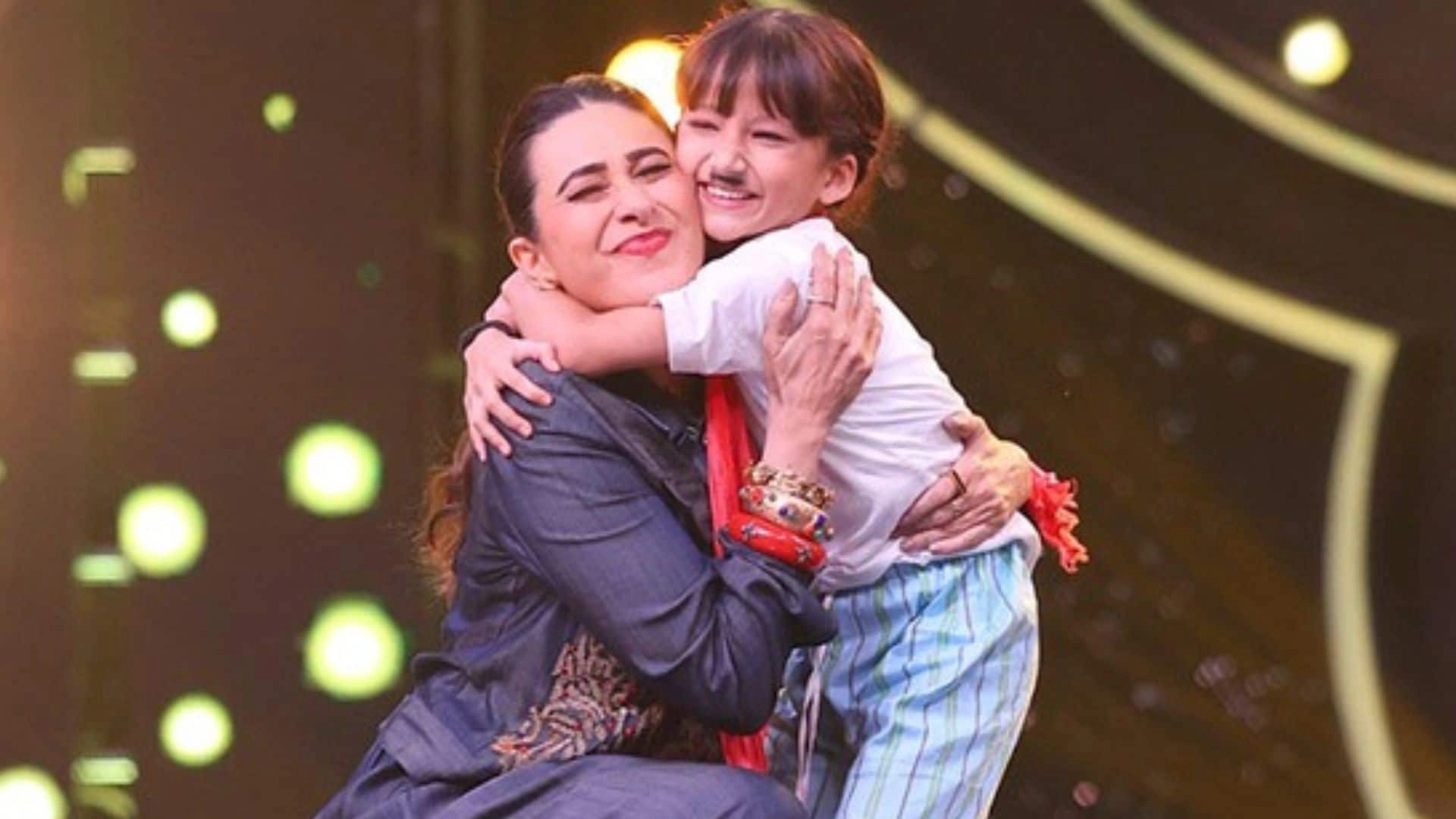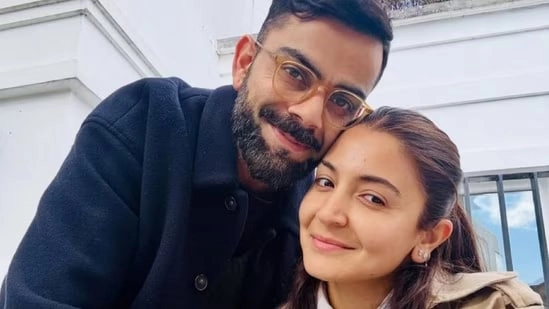Jiah Khan’s untimely demise in June 2013 sent shockwaves through the Bollywood industry and left her family and fans grappling with grief and unanswered questions. In a recent revelation, Zarina Wahab, the mother of actor Sooraj Pancholi, disclosed that Jiah attempted to reach out to her son on the very day of her death. This poignant detail adds another layer of complexity to the tragic narrative surrounding Jiah’s passing. The circumstances of her death have been shrouded in mystery, with various speculations and allegations arising over the years, particularly concerning her relationship with Sooraj Pancholi.
Zarina Wahab’s disclosure sheds light on the emotional turmoil that Jiah may have been experiencing prior to her death. The act of trying to contact someone often signifies a desire for connection, support, or an explanation in times of distress. This revelation not only humanizes Jiah but also raises questions about the mental health struggles that actors, like anyone else, can face in private. The pressures of the entertainment industry, coupled with personal challenges, can create overwhelming situations, leading individuals to seek solace in their relationships, even in their final moments.
Furthermore, this new information might reignite discussions about the need for mental health awareness and support within the film industry. The tragic loss of a young talent like Jiah Khan serves as a reminder of the importance of looking out for one another and fostering an environment where individuals feel safe to express their struggles. Zarina’s comments highlight the potential signs of distress that may have gone unnoticed, urging both the public and industry insiders to be more vigilant and compassionate towards those who might be suffering in silence.
As the investigation into Jiah’s death continues to unfold, the emotional weight of such revelations remains palpable. The intersection of personal relationships and the pressures of celebrity life can create a volatile mix, leaving lasting impacts on the lives of those involved. Jiah’s story is a tragic reminder of the fragility of life and the importance of reaching out for help when it is needed most. The remembrance of her life and the circumstances surrounding her death should serve as a call to action for improved mental health resources and support systems within the industry, ensuring that no one feels alone in their struggles.




